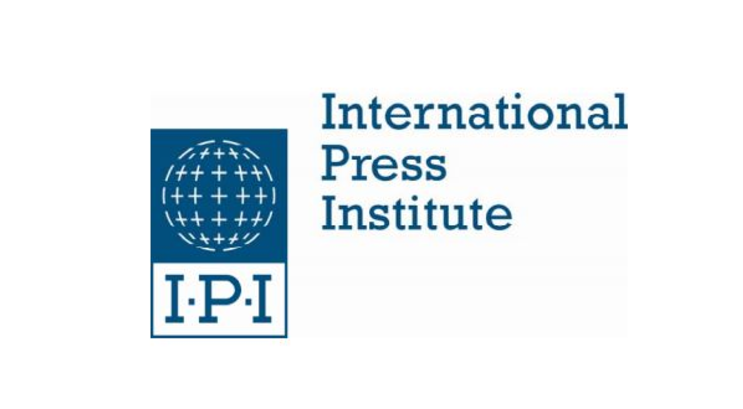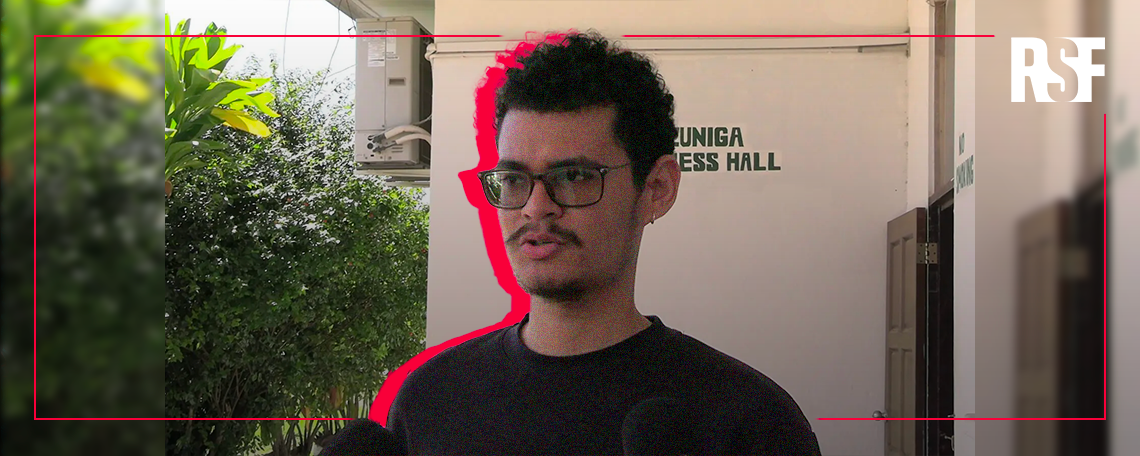Independent journalism in Georgia faces a severe crisis as government actions increasingly threaten press freedom and media pluralism. In early 2025, the ruling Georgian Dream party passed laws restricting foreign funding for media outlets and introduced a “foreign agent” bill. These laws prohibit broadcasters from receiving foreign financial support and require organizations receiving over 20% of their funding from abroad to register as “foreign agents.” Critics argue these measures aim to silence dissent and cripple independent media, which often relies on foreign support to operate due to limited domestic funding.
Alongside legal restrictions, journalists in Georgia have been subjected to escalating violence and intimidation. Police and pro-government groups have targeted reporters, especially during protests. For example, Maka Chikhladze, a journalist for TV Pirveli, suffered serious facial injuries after reporting on police misconduct. More than 70 journalists have faced physical assault since unrest began, highlighting grave concerns about their safety.
Prominent independent journalist Mzia Amaghlobeli was arrested in January 2025 during a protest in Batumi and charged with assaulting a police officer—a charge widely seen as politically motivated. Amaghlobeli, founder of the respected outlets Batumelebi and Netgazeti, has been on a hunger strike since her detention, with her health reportedly critical. Her arrest has drawn condemnation from international press freedom advocates calling for her immediate release.
International organizations, including the Media Freedom Rapid Response (MFRR) and the International Press Institute, have urged the European Union to take decisive action against these developments. They recommend suspending EU accession talks with Georgia until the government commits to upholding democratic values and safeguarding media freedom.
The crackdown on independent media in Georgia reflects a troubling erosion of democratic principles. Without international support and pressure, independent journalism risks disappearing, undermining public access to unbiased information and threatening the country’s democratic future.





